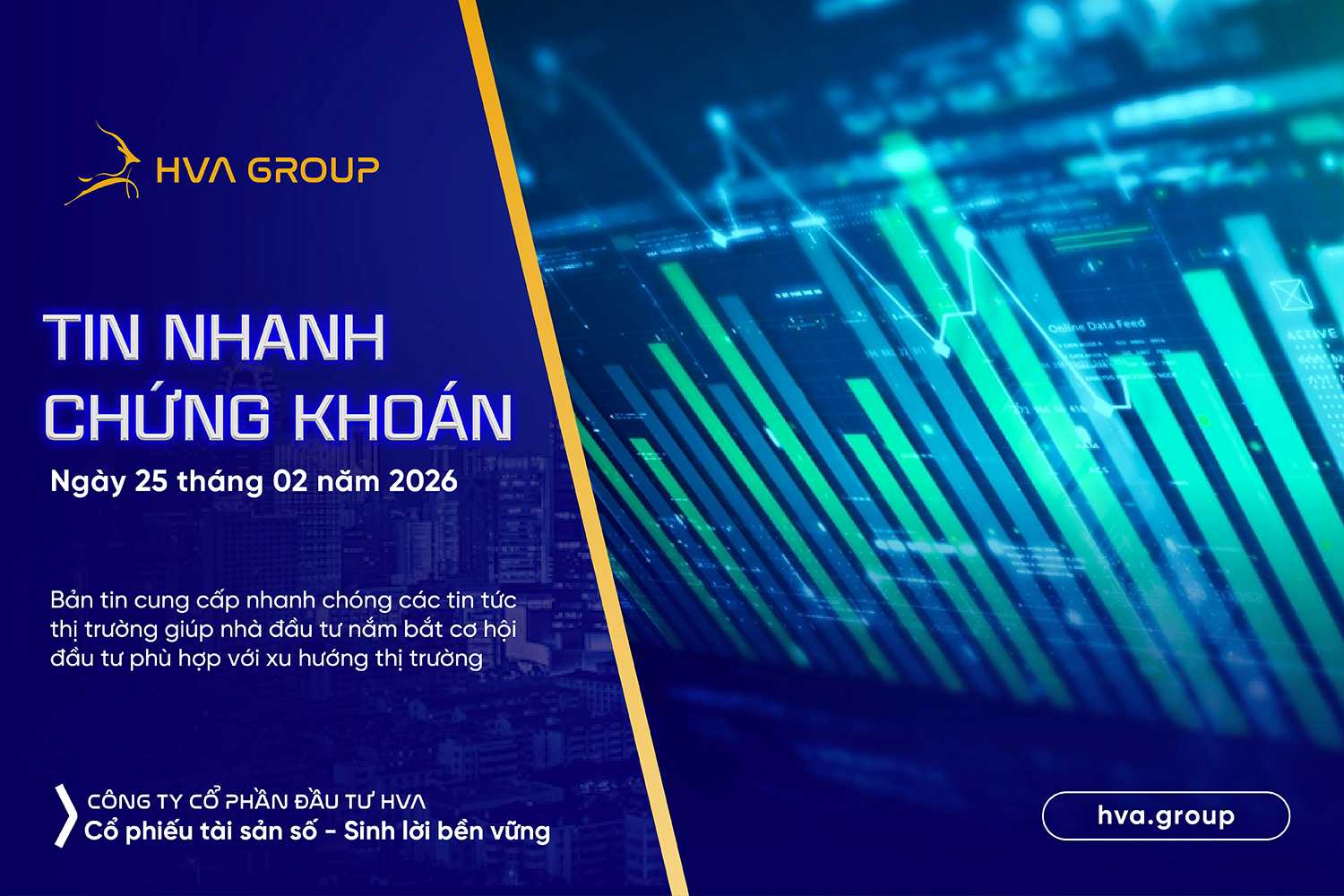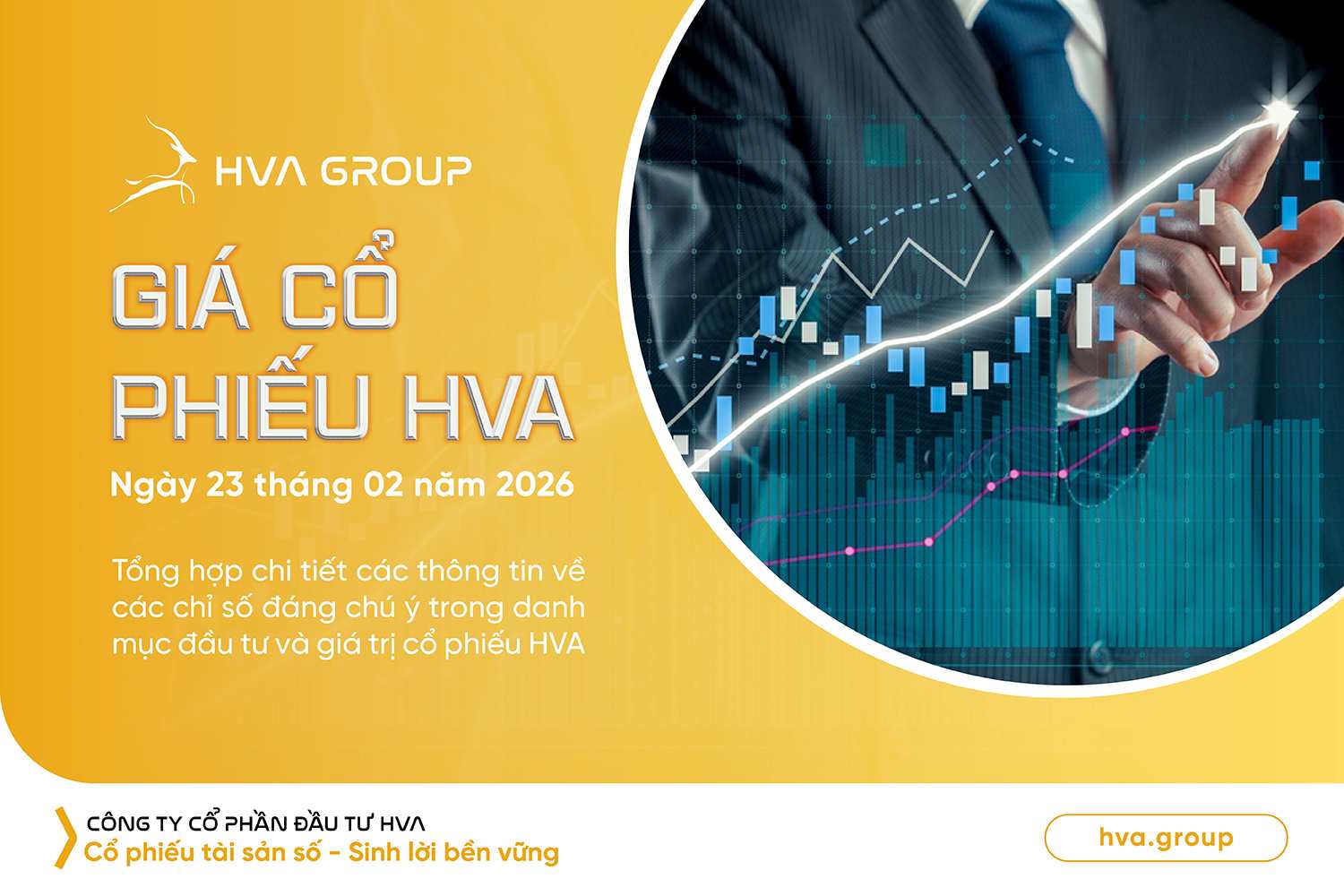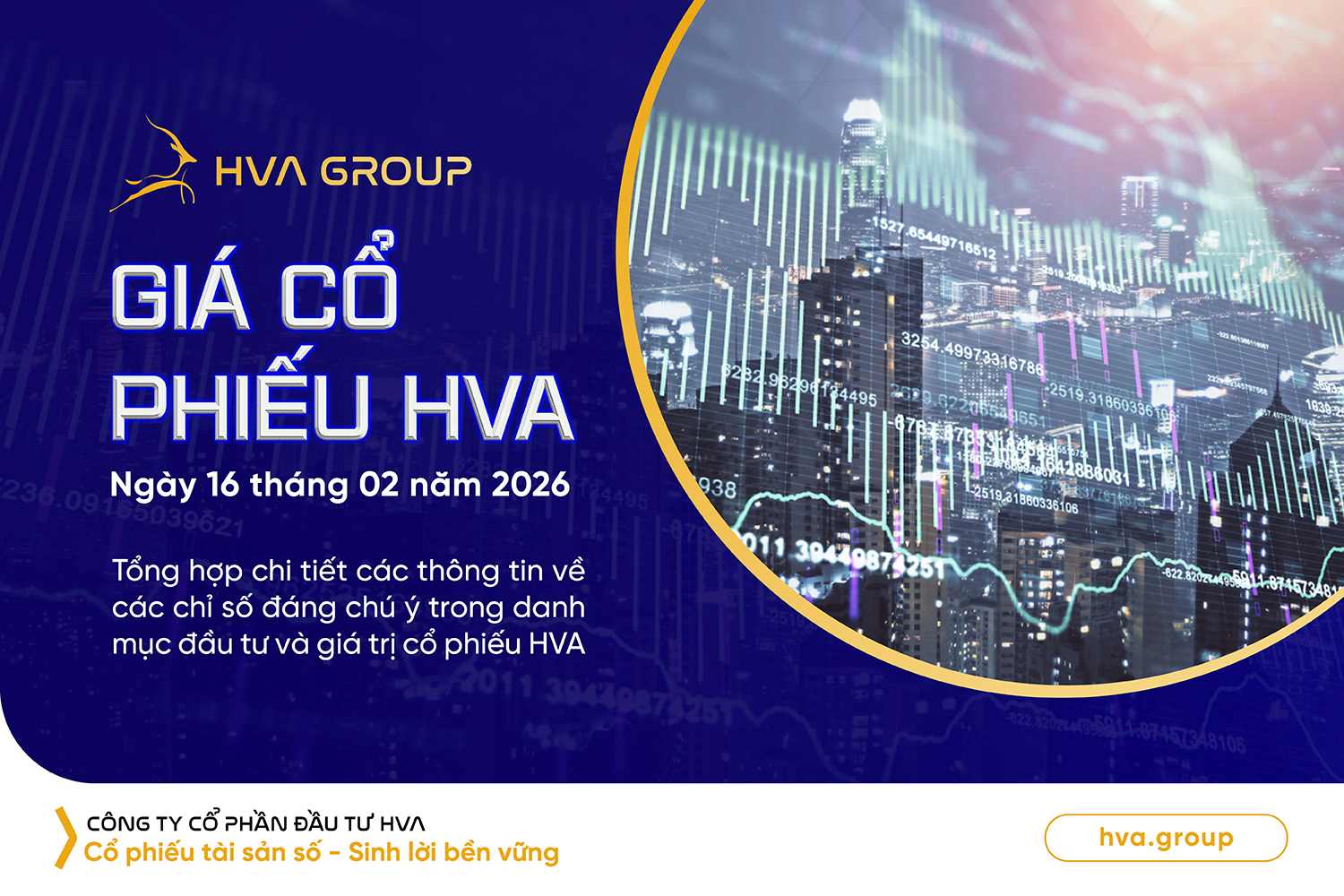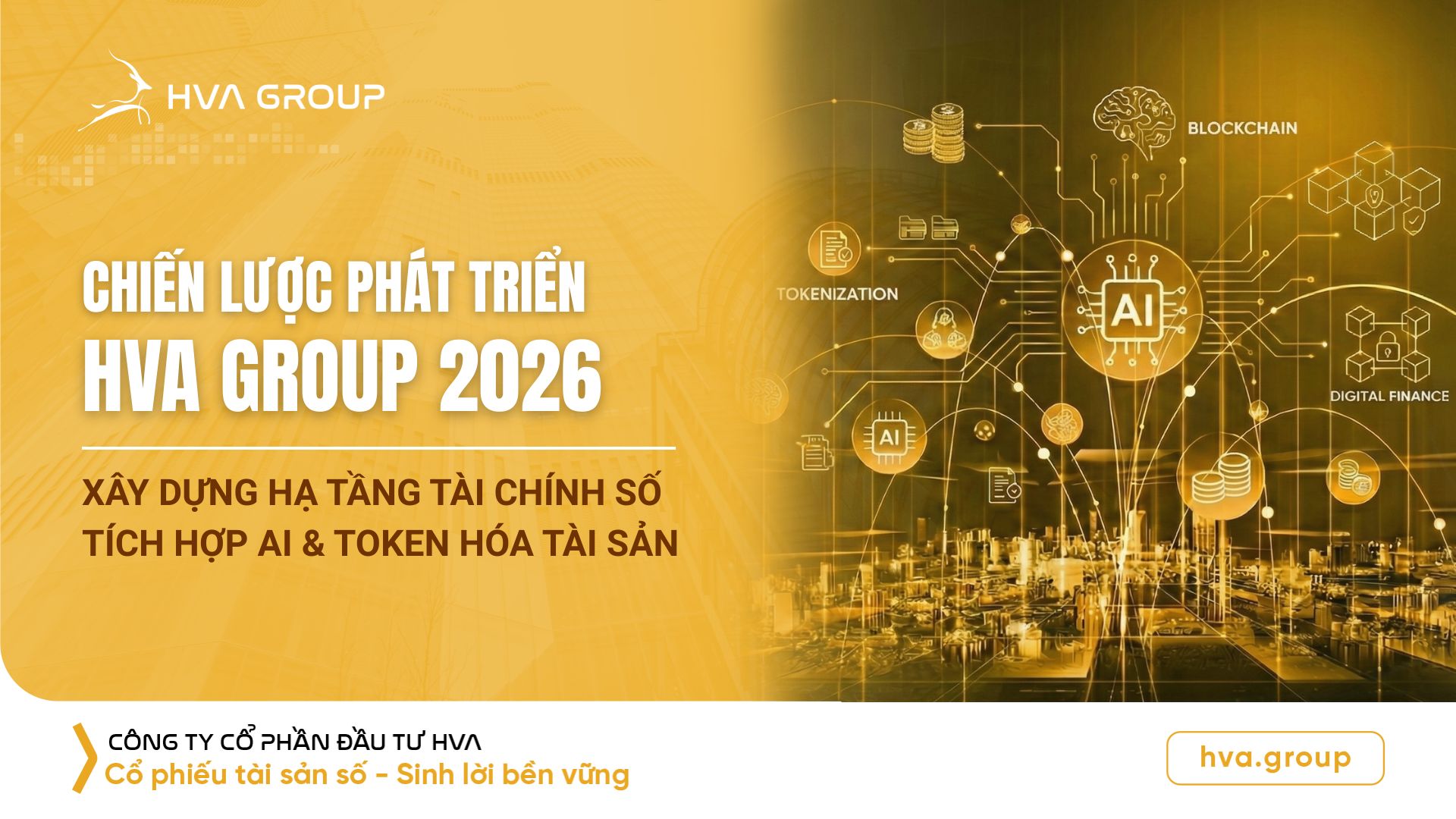
On September 11, 2025, the Private Economic Development Research Board (Board IV) announced ViPEL - the model of "Vietnam's Private Economic Panorama". Instead of a short-term advocacy forum, ViPEL is designed as a continuous operating mechanism where the state and enterprises jointly design - jointly implement - jointly monitor strategic initiatives. For HVA Group, this is not just a policy "playground", but a lever to transform technological capabilities into measurable national values.
From slogan to mechanism: the spirit of "Public and private national construction"
The key point of ViPEL is to shift the way of public-private cooperation. Enterprises no longer stand on the sidelines and complain about problems, but participate from the stage of defining the model, choosing sample projects, to the mechanism of measuring efficiency. Thanks to that, the policy on private economic development (as in the spirit of Resolution 68-NQ/TW) has a way to be put into practice: clear work, clear responsibilities, clear results.
ViPEL is organized into four key committees: emerging technology - innovation; infrastructure and advantaged industries; industry - manufacturing; resource development and services. Around the committees are specialized working groups that bring together businesses, experts, and associations to propose policies, "incubate" projects, and monitor implementation. Regular meetings help to adjust strategies, so that initiatives are not "interrupted" by event periods.
Model project mechanism: 20 – 200 – 2,000 and “double benefits”
ViPEL proposes a framework for selecting and implementing projects according to the model of 20 countries - 200 provinces - 2,000 establishments, in order to create pressure on a large enough scale but still maintain local flexibility. The project is considered a "model" when it meets two conditions at the same time: creating social impact (employment, social security, local development) and sustainable economic efficiency for businesses. The criteria emphasize feasibility, spillover effects and the leading role of leading businesses.
Challenges to face
No model is immune to risks. For ViPEL, the challenge lies in inter-agency implementation capacity; integrity in partner selection to avoid vested interests; the level of commitment of business resources (intelligence – time – finance); and synchronization between central and local levels to avoid fragmentation. Along with that, a transparent KPI system is a prerequisite to distinguish real impact from “performance halo”.
Why is HVA Group suitable for "prototyping" in ViPEL?
HVA Group is positioned at the intersection of finance - technology - implementation management, with experience in designing and operating FinTech projects, digital assets and data infrastructure platforms. In the structure of ViPEL, HVA can play a core role in the Emerging Technology - Innovation Committee, bringing technologies such as digital assets, RWA (Real World Assets), digital exchange infrastructure, framework stablecoin solutions, financial AI and data ecosystem into a controlled testing model.
HVA’s strengths lie not only in its technical capabilities, but also in its approach to “technology policing” – working with regulators to design sandboxes, compliance standards, data identification-pricing-standardization mechanisms, and output measurement discipline (reducing transaction costs, increasing transparency, and expanding financial access). When a project meets the “double benefit” criteria, the probability of being included in the 20/200 category increases significantly, leading to a credibility effect, prioritizing resource connections, and public-private partnership opportunities.
Actions HVA can implement immediately
1) FinTech sample project set – digital assets according to ViPEL criteria
HVA proposes a project package including: (i) a compliant digital asset trading platform, (ii) a pilot framework for local/industry stablecoins serving retail payments, (iii) an RWA infrastructure to digitize – standardize – fragment the economic benefits of real assets. Each component is accompanied by output KPIs: cost/transaction, payment time, number of new users, SME beneficiaries, compliance rate.
2) Provincial-level "public-private partnership for nation building"
Select 1-2 localities with priority for digital transformation and inclusive finance to deploy a pilot cluster: integrating public service portals, electronic invoices, land data/business registration with the digital finance platform with HVA as the core. Objective: shorten the time for registration - mortgage - disbursement for SMEs, reduce risks thanks to reliable data.
3) Data governance framework – security – compliance “by design”
Co-design with the management agency the set of operating rules, data logs, separation of customer assets, and periodic testing and auditing standards. This is a “plus point” in every ViPEL project profile, helping to turn risks into competitive advantages.
4) Mobilizing the partner ecosystem
Connecting banks, telecommunications corporations, cloud infrastructure enterprises, digital identity companies, and industry associations. HVA acts as a general contractor for solutions and program management, ensuring a complete value chain instead of running each piece separately.
Expected benefits for the country - locality - business
At the national level, model projects co-led by HVA can create operating standards for safe digital financial markets, reduce social costs of transactions and expand financial inclusion. At the local level, the 200/2,000 model is a “data-driven” mechanism: every public service – every business process has indicators to measure time, cost, and satisfaction. For businesses, especially SMEs, capital costs and barriers to accessing financial services are reduced thanks to reliable data and interconnected digital infrastructure.
Conclusion: ViPEL is a test of implementation capacity – HVA is ready
ViPEL poses an important test: who can turn vision into mechanism, turn mechanism into project, and turn project into measurable results. HVA Group chooses to stand at the center of that test – bringing technological capacity, project management and measurement discipline to work with the public sector to bring FinTech models – safe, transparent, international standard digital assets into life.
If ViPEL Committees need a partner who can "talk and do", willing to take responsibility to the end on KPIs, HVA Group wishes to accompany from policy design to model project operation - so that "public - private nation building" is no longer a slogan, but a cycle of creating sustainable value.









